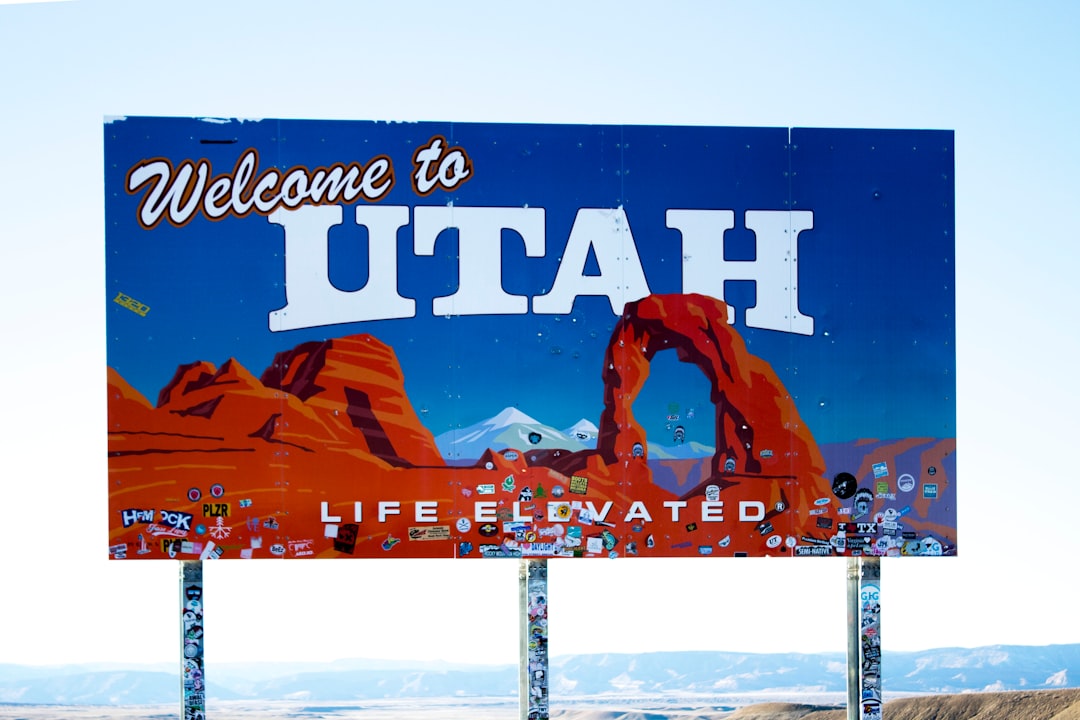Utah's strict spam text laws protect consumers from unsolicited messaging by regulating marketing SMS. Businesses must obtain explicit consent, provide opt-out options, and adhere to content restrictions or face fines. Consumers can use built-in blocking features and legal action against spammers. A specialized lawyer for spam texts laws in Utah is crucial for compliance, avoiding penalties, and maintaining consumer trust.
“In the digital age, spam text messages have become a pervasive issue, leading many states to implement stringent regulations. This article explores Utah’s legal guidelines on spam text messages, offering a comprehensive guide for both consumers and businesses. We delve into the definition of spam, key restrictions, consumer rights, and the potential consequences of non-compliance. Additionally, we highlight the crucial role a lawyer specializing in Utah’s spam text laws can play in navigating these complex regulations.”
Understanding Spam Text Definition and Utah's Legal Stand

Spam text, a ubiquitous and often nuisance-inducing phenomenon, refers to unsolicited or irrelevant messages sent in bulk via text messaging services. In Utah, like many states, this practice is regulated to protect consumers from unwanted intrusions into their personal communication spaces. The state’s laws firmly position against spam texts, considering them a violation of privacy and a form of harassment.
Utah’s legal framework, enforced by designated authorities, strictly governs how businesses and individuals can use text messaging for marketing or promotional purposes. A lawyer specializing in spam text laws in Utah can help navigate these regulations, ensuring compliance to avoid penalties. These guidelines include obtaining explicit consent from recipients, providing an opt-out option in every message, and maintaining detailed records of consent to prove legitimate use.
Key Regulations and Restrictions in Utah for Spam Texts

In Utah, the regulations surrounding spam texts are designed to protect consumers from unsolicited and potentially harmful messaging. The state has implemented strict guidelines that govern how businesses and individuals can send text messages for marketing or other purposes. One of the key restrictions is the requirement for explicit consent. Before sending any spam texts, companies must obtain the recipient’s permission, often through an opt-in system where users actively agree to receive such communications. This ensures that only those who have given their consent are bothered by unsolicited messages.
Additionally, Utah law sets limitations on the content and frequency of spam texts. Messages should provide valuable information or an opt-out option, allowing recipients to easily discontinue receiving them. Sending repeated or irrelevant texts can result in legal repercussions for the sender, including potential fines. A lawyer specializing in spam text laws in Utah can help businesses navigate these regulations and ensure their compliance, thereby avoiding legal issues and maintaining consumer trust.
Rights of Consumers: What They Can Do Against Spam Texts

In Utah, consumers have several rights and options when it comes to dealing with unwanted spam text messages. One of the primary tools at their disposal is the ability to block numbers. Most mobile devices have built-in features or apps that allow users to block specific phone numbers, effectively stopping future spam texts from reaching their device.
Additionally, Utah law empowers consumers to take legal action against spammers. If a consumer feels they’ve been targeted unfairly or received false or misleading text messages, they can consult with a lawyer specializing in spam texts laws in Utah. These professionals can guide them through the process of filing a complaint with relevant authorities and seeking potential legal remedies, such as monetary compensation for any damages incurred.
Consequences for Non-Compliance with Utah Spam Text Laws

Non-compliance with Utah’s strict spam text laws can lead to significant legal consequences. Businesses and individuals found guilty of sending unsolicited text messages, often referred to as spam texts, may face a range of penalties. Fines are a common consequence, with amounts varying based on the number of violations and the severity of the offense. These fines can be substantial, making it crucial for companies to ensure strict adherence to the regulations.
Utah’s laws also provide affected individuals with the right to seek legal redress. Victims of spam texts can file complaints with the state attorney general or take legal action against the offenders. This may result in additional financial burdens and negative publicity for businesses found to be in violation. Engaging a lawyer specializing in Utah’s spam text laws is advisable to understand the potential risks and ensure compliance from the outset, protecting both businesses and consumers alike.
The Role of a Lawyer in Navigating Spam Text Regulations, Utah

Navigating the complex landscape of spam text regulations in Utah can be a daunting task, but it becomes more manageable with the guidance of an experienced lawyer. A legal professional specializing in this area plays a pivotal role in ensuring businesses and individuals comply with the state’s stringent anti-spam laws. They possess an in-depth understanding of the Utah Anti-Spam Act, which outlines specific rules and penalties for unauthorized text messaging.
These attorneys can help clients avoid common pitfalls by drafting comprehensive consent agreements, providing training on best practices, and offering strategic advice tailored to each client’s unique situation. Their expertise enables them to stay abreast of any updates or amendments to the Utah legal guidelines related to spam texts, ensuring their clients remain compliant.






